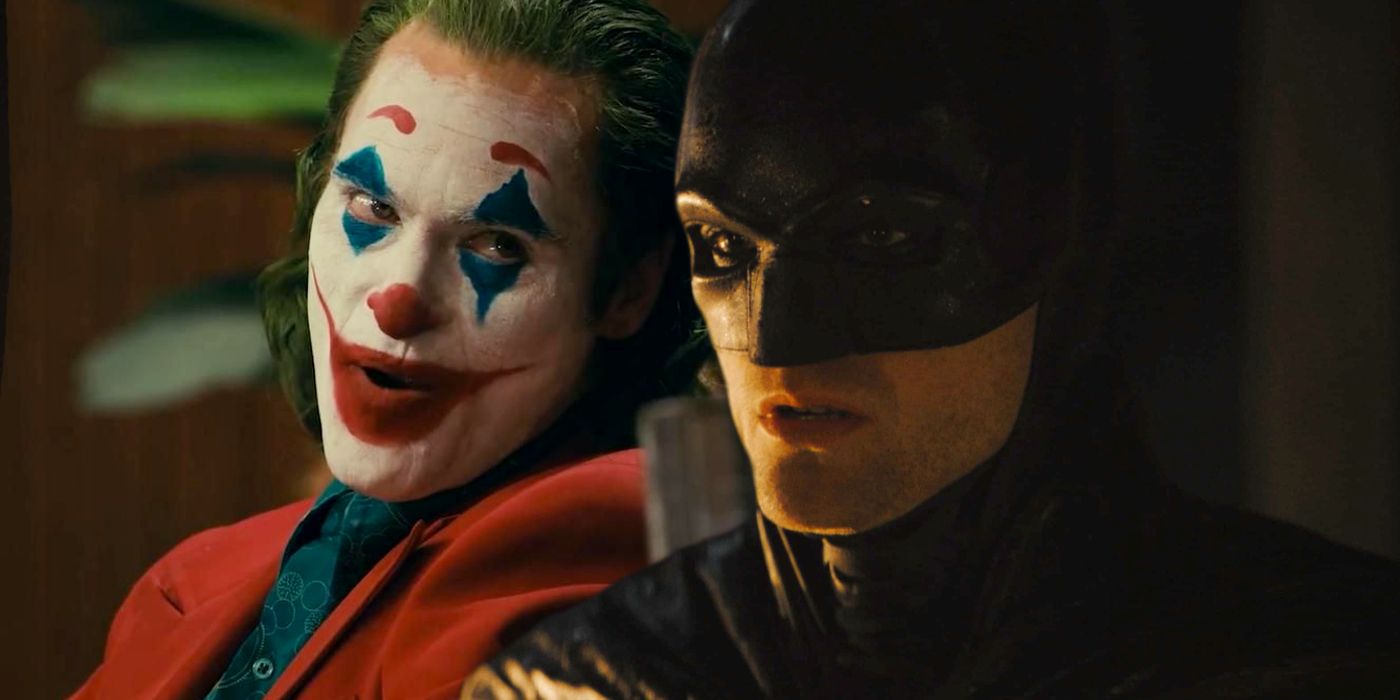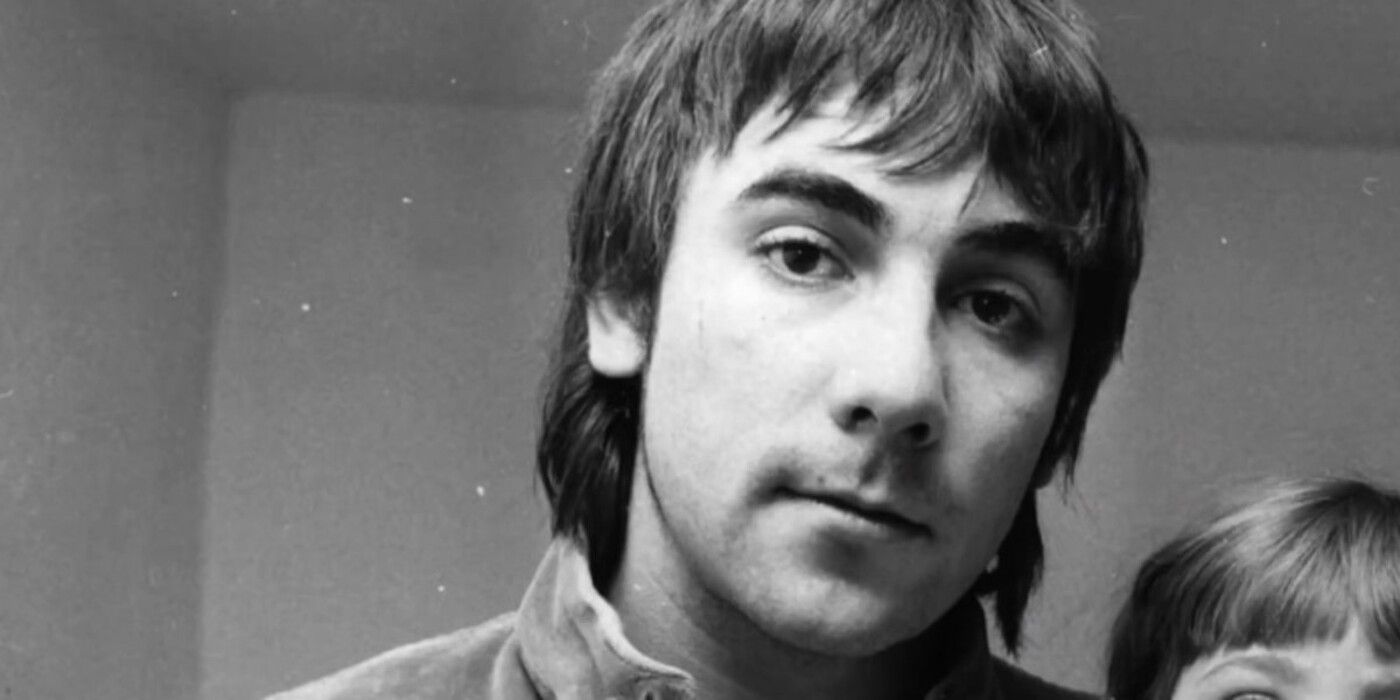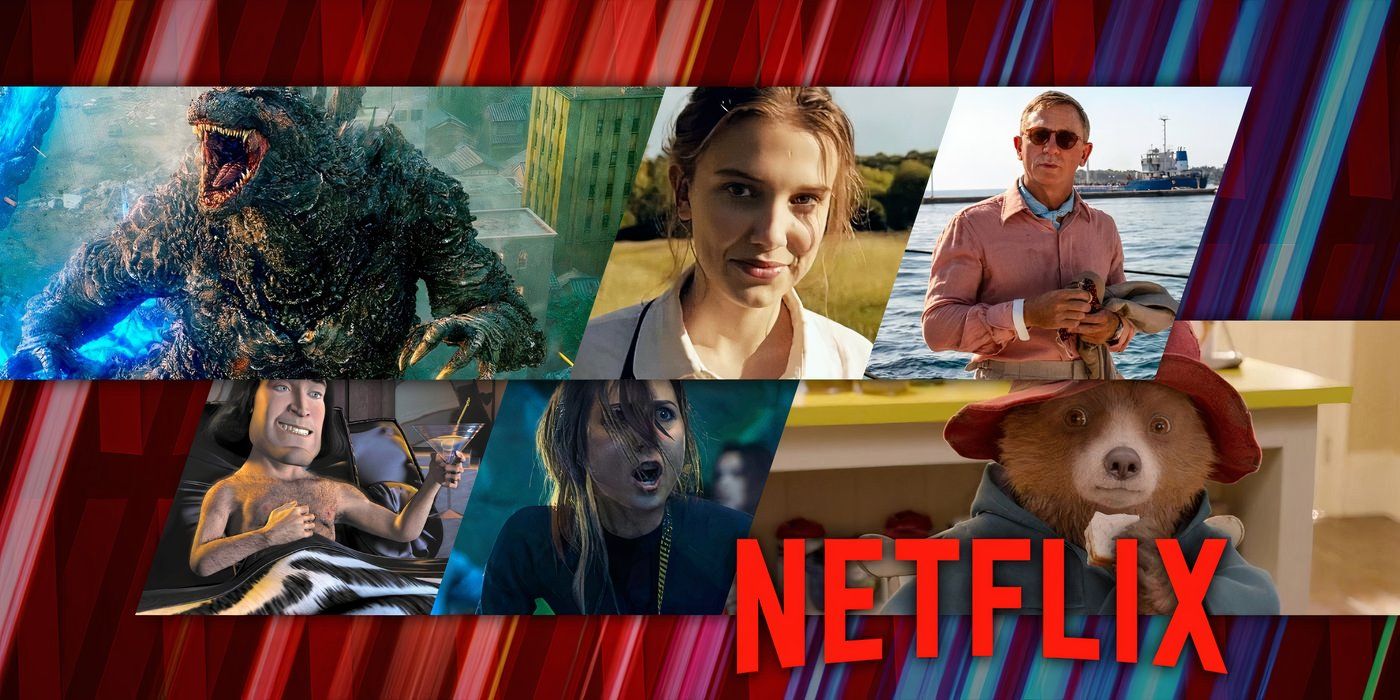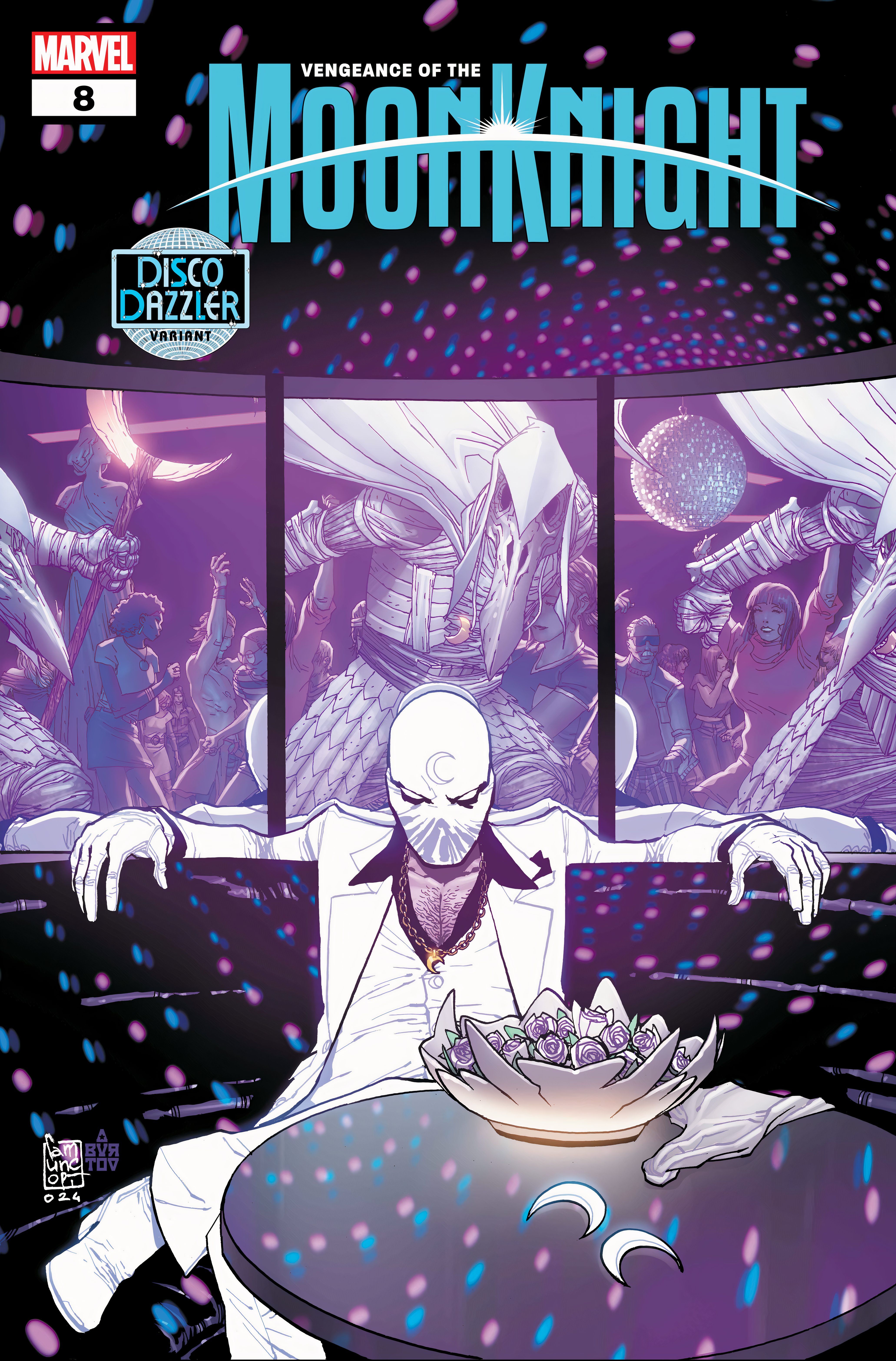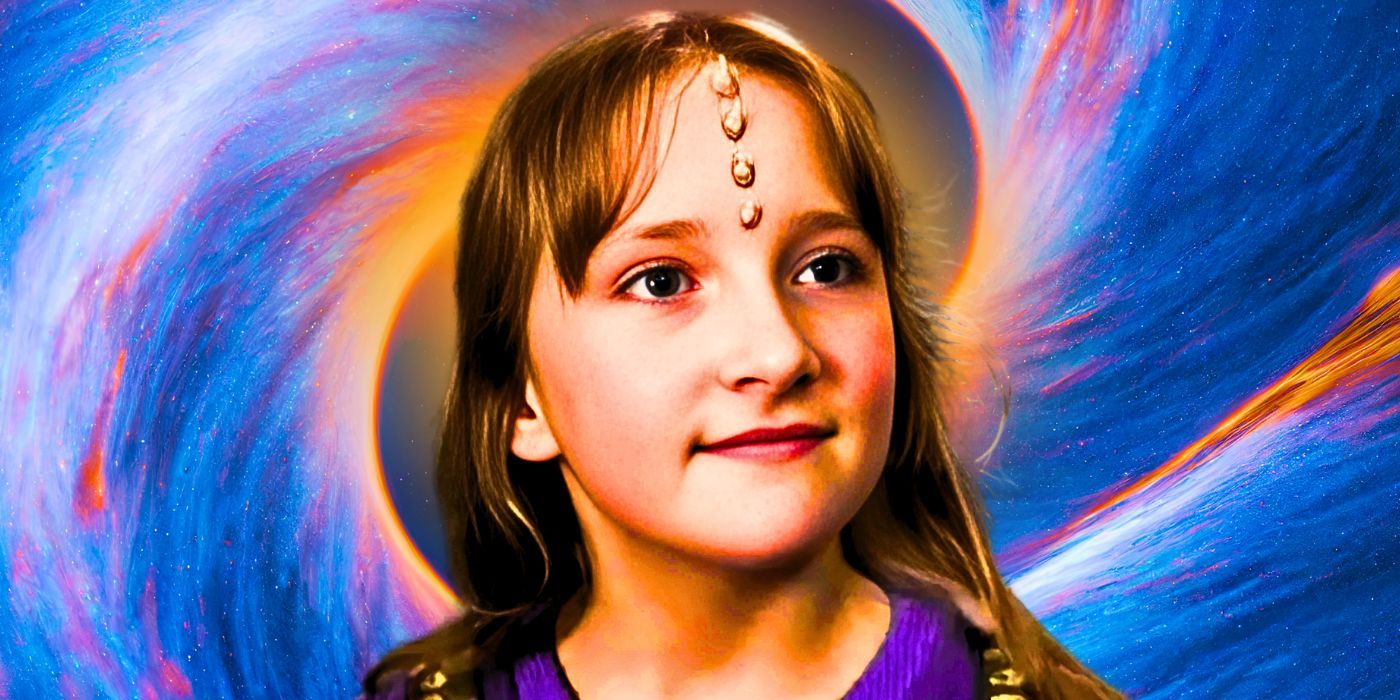As Disney continues to dramatically rearrange its release slate thanks to the ongoing COVID-19 pandemic, its problems with original movies remain evident. Hollywood, as well as the rest of the planet, continues to struggle with the seismic change brought upon by the continuing dangers of the coronavirus. For close to 16 weeks (and even more for many), moviegoers saw the mass closures of cinemas, the shutdown of film and TV productions, and the dramatic changes made to the movie world’s typically well-maintained release calendar. It started when the 25th James Bond movie No Time to Die made the decision to push its release from April to November. At the time, many in the industry saw that as too drastic a move, but now it’s viewed as a prescient choice, and one that everyone in Hollywood scrambled to keep up with.
The Walt Disney Company is no exception. Disney has a reported 40% control over the worldwide box office, so they had a lot to lose this year, especially after their record-breaking performance in 2019. The studio has made various changes to their release slate over the past few months, both regarding the short- and long-term premieres of their most hotly-anticipated properties. They face unique challenges and options that many other studios lack. For one, they have their streaming service Disney+ as a possible back-up option (although so far, they have really only used it to dump the critically mauled Artemis Fowl, a movie many had already written off as a flop-in-waiting). They also have more restrictions with what films can be moved around more freely thanks to the devoted chronology of the Marvel Cinematic Universe: If one of those films moves, they all have to follow suit, and they did.
There were many major delays made to Disney’s schedule: Mulan was pulled from release indefinitely; Star Wars and Avatar movies were pushed back a year, bringing the end of the latter’s planned five-movie saga to 2028; and 20th Century/Searchlight titles acquired during the Fox purchase faced similar moves. One thing that has been driven home by Disney’s new slate is a problem that the company has faced for a while: Their business model is no longer reliant on original properties or previously established IPs.
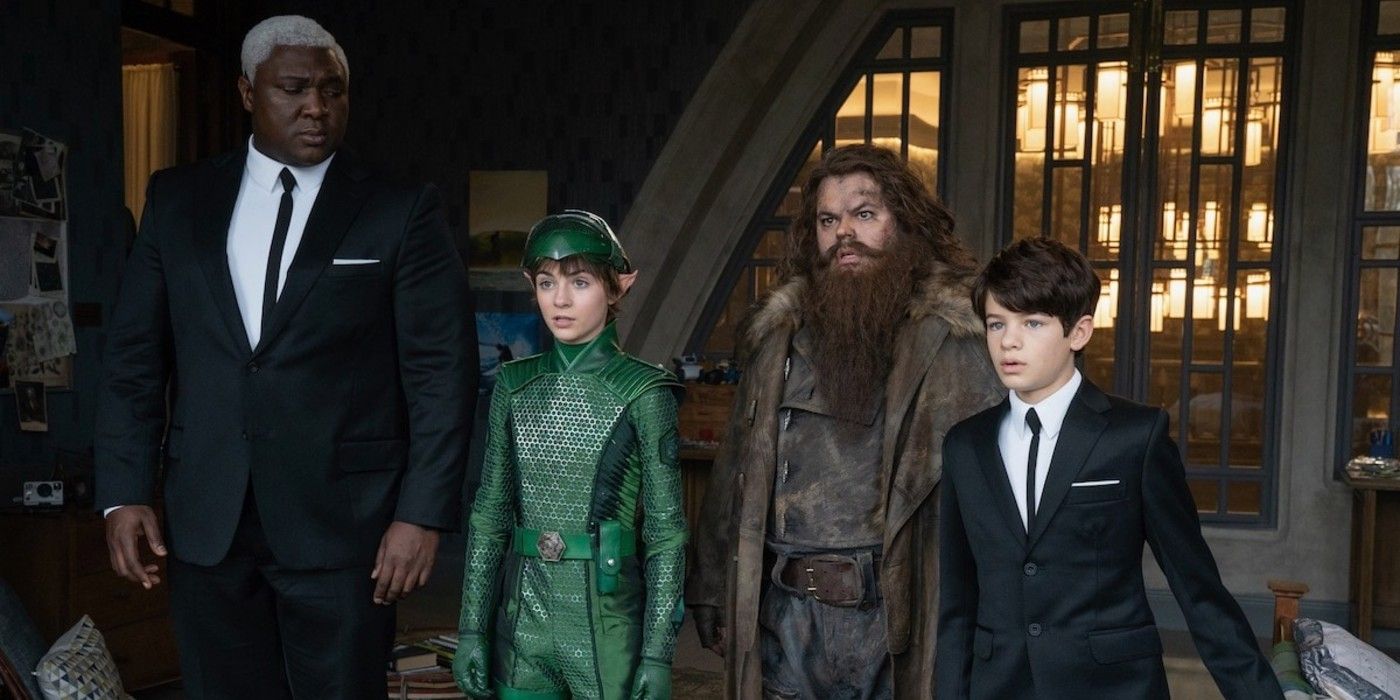
Aside from Jungle Cruise, which is based on a theme park attraction, and a couple of animated movies like Pixar’s Soul, Disney’s slate is oddly bereft of new titles that aren’t part of long-running or expanded franchises. It’s not as though they haven’t tried to make such things happen. Artemis Fowl is but one example of it, but that movie was dead on arrival. It seemed fated to join the same path as A Wrinkle in Time, The Lone Ranger, The Nutcracker and the Four Realms, and John Carter. Live-action blockbusters not based on Marvel, Star Wars or its own animated back catalog simply aren’t priorities for them. They don’t need to be when their acquisitions are pulling in billions of dollars and come with a pre-established fandom. Animated movies are the exception here, but the very concept of a Disney Animated Film is its own brand that has decades of goodwill and audience adoration built into it.
With the blockbuster market now bigger than ever, the cost of making such titles has only grown exponentially, to the point where a $100 million movie is considered on the lower end of budgeting. That means such films must not only perform extraordinarily well to break even but must appeal internationally, especially to key markets like China. There’s a reason that the Pirates of the Caribbean films are getting rebooted after the fifth film underperformed in the country as well as domestically. Even Disney doesn’t want to take the risk of investing $150 million+ (then marketing and distribution costs) into something with no guarantee of success.
The downside of this is that there’s only so much fuel that Disney can muster from its familiar favorites. They’ll eventually run out of animated classics to give live-action remakes to. Audiences seem to be growing weary of Star Wars following The Rise of Skywalker. Everyone’s waiting nervously for the superhero movie bubble to burst. Disney has weaponized and commodified pop culture nostalgia in a hugely effective manner but their lack of willingness to fully invest in expanding beyond that is bound to cause them problems in the near future.
